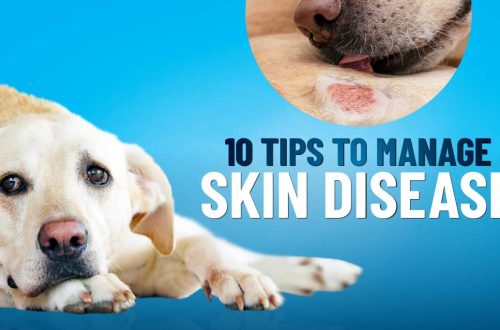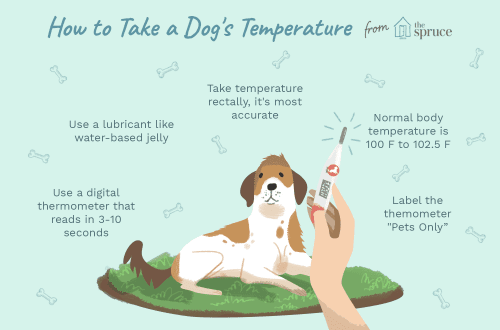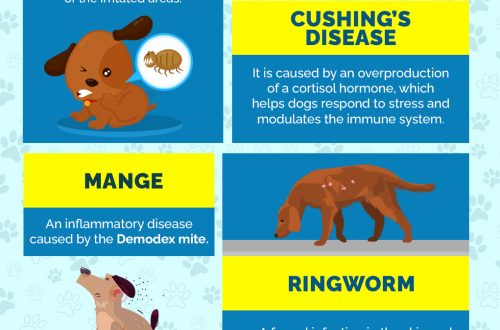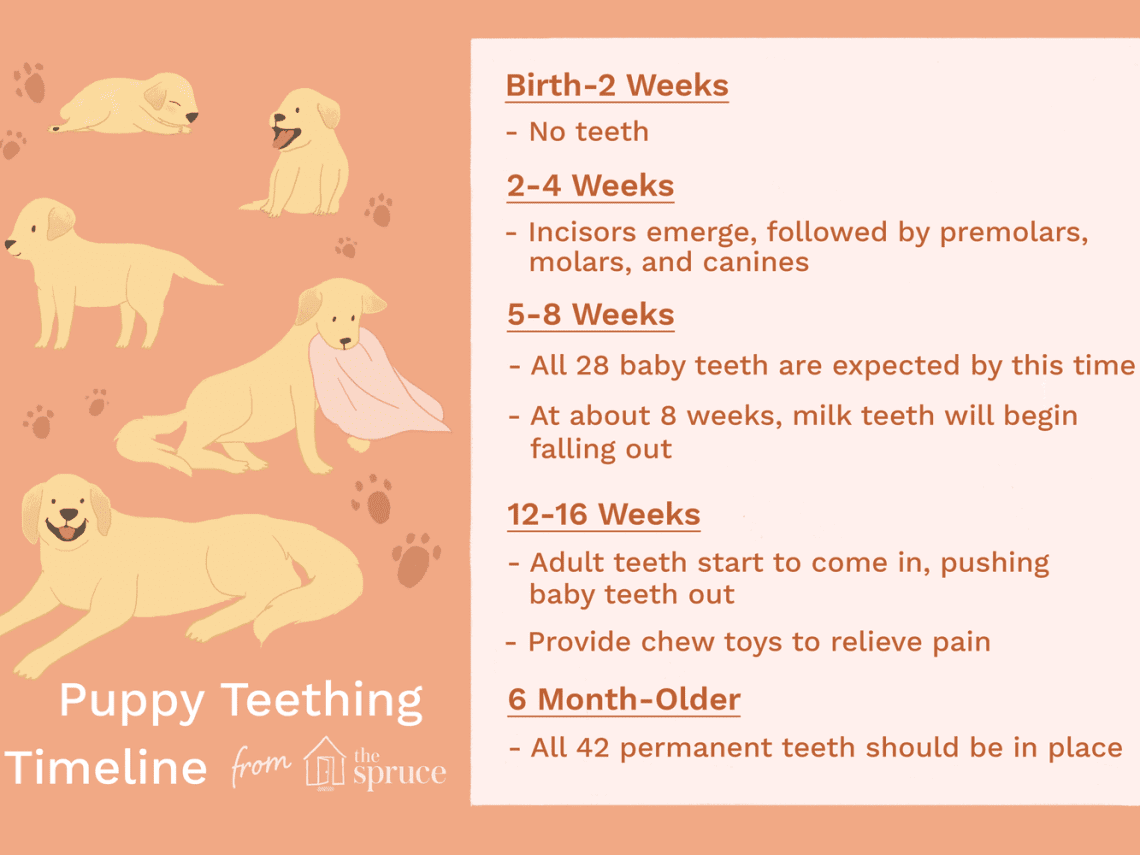
What should I do if my dog is teething?
The teething period in dogs begins at about four months of age and lasts up to six to seven months on average. At this time, the kids experience quite strong discomfort caused by pressure on the gums and getting rid of milk teeth, and are ready to gnaw everything around.
How to secure a house?
If you notice that the puppy has begun to gnaw on the leg of a chair or the arm of a sofa, urgent measures must be taken to prevent damage. First you need to get enough toys that the puppy could chew on and not encroach on furniture or your favorite shoes. By the way, do not let your dog chew on old shoes. Most likely, the puppy simply does not understand what is the difference between worn and new boots, and may begin to gnaw on any. Toys purchased for the baby should be made of dense rubber or very strong threads that the puppy cannot chew into pieces.
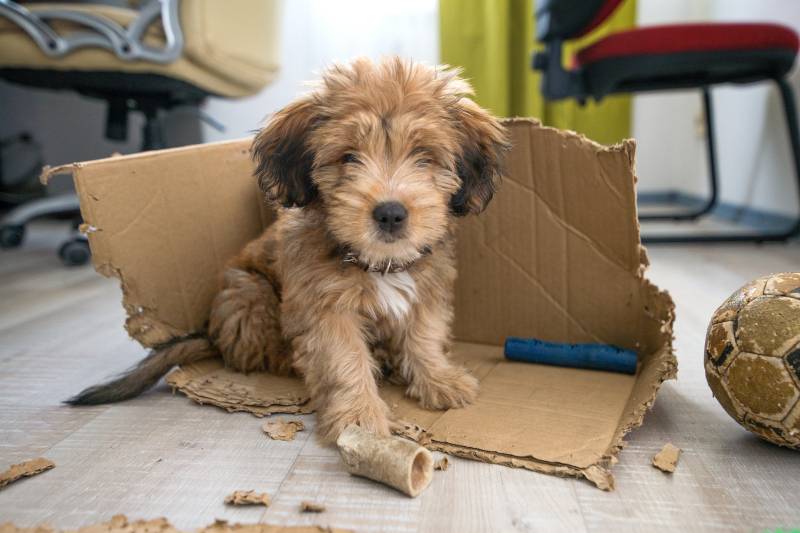
In addition to acquiring “nibbles”, it is necessary to convey to the puppy the idea that furniture and things cannot be chewed. To do this, watch the puppy and sternly pull him back if he does something unacceptable. You can also buy a special repellent in the store and apply it on the legs of chairs, cabinets, sofas – on everything that the puppy has already chosen to scratch the gums.
Don’t let your baby chew on your arms or legs. When a puppy tries to play with the owner in this way, you need to say “no” in a strict voice and leave the puppy alone.
It is also necessary to remove from the puppy’s access all objects that can harm him. For example, wires, figurines, plastic bags. Perhaps it is worth accustoming the baby to the cage and, leaving for a long time, lock him in it. Only accustoming should be carried out gradually, constantly reinforcing with treats and praise, so that the puppy does not perceive the cage as a punishment.
How can you help a puppy?
In order to facilitate the eruption of permanent teeth, you can give your puppy chilled hard vegetables, such as carrots. Cold will give a slight anesthesia, and solid food will massage the gums well. You can also buy special chewing bones.
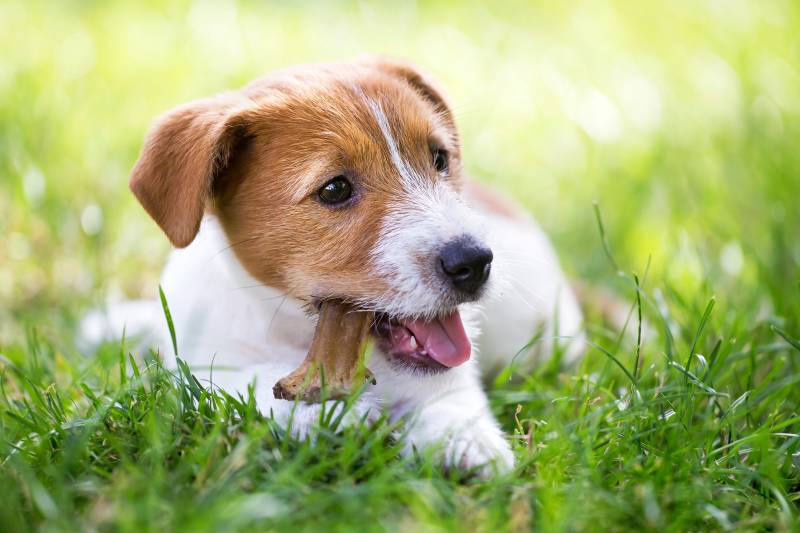
It is necessary to carefully monitor the change of teeth, and if the molars have already grown quite strongly, and the milk teeth have not yet fallen out, then it is worth taking the puppy to the veterinarian. It is possible that the roots of milk teeth are too long and poorly absorbed, which means that they affect the correct growth of permanent teeth. Then the milk teeth must be removed.



